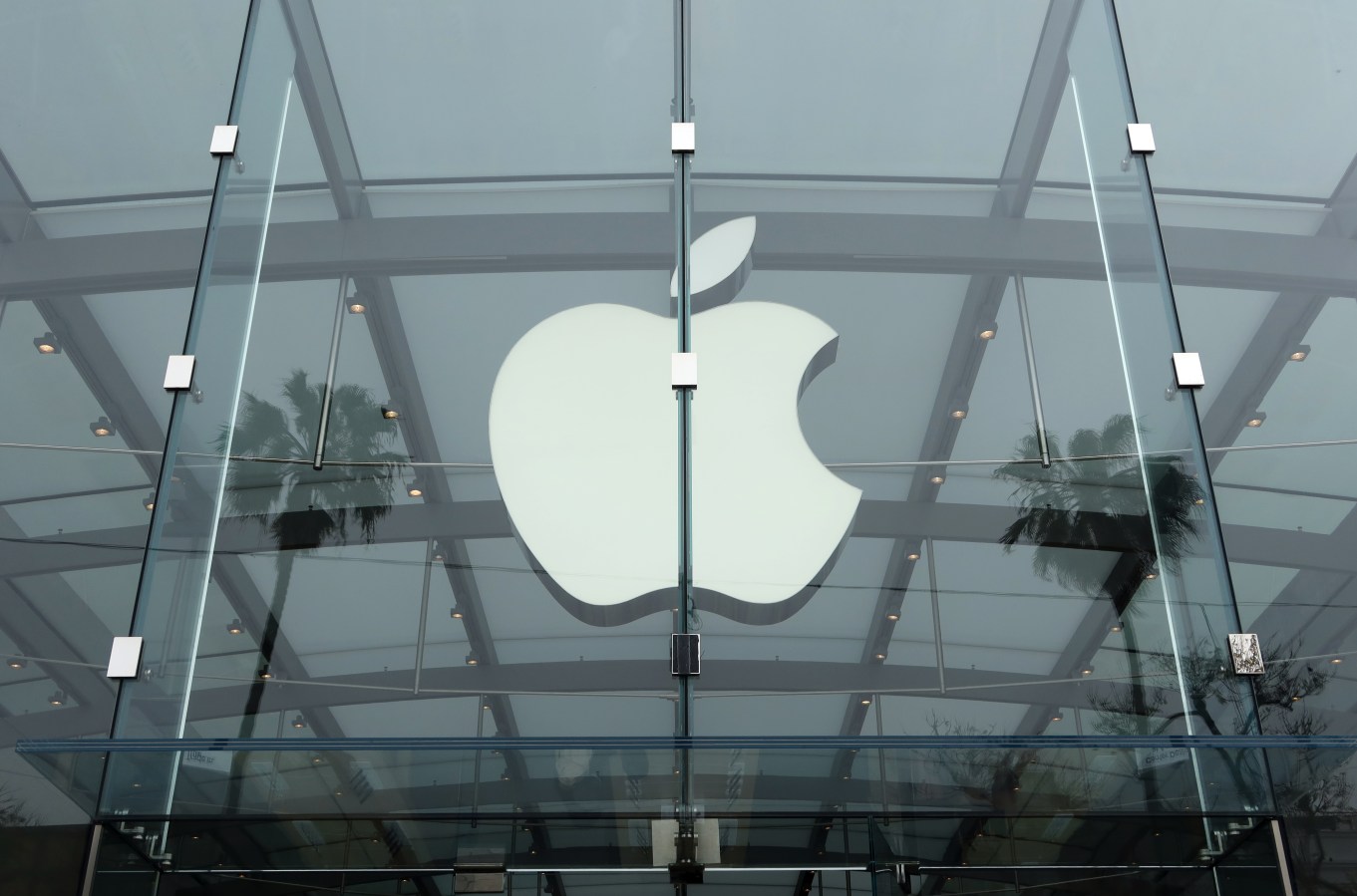A federal judge ruled on Monday Google violated antitrust laws in a bid to maintain a monopoly with its search engine—a major loss for Google, capping off the latest antitrust case brought against a U.S. tech giant.

Google violated federal antitrust laws with its search engine, a judge ruled on Monday.
Getty Images
Key Facts
D.C.-based Judge Amit Mehta wrote “Google is a monopolist” and “has acted as one to maintain its monopoly,” in an opinion siding with the Department of Justice and 11 states.
In his ruling, Mehta stated Google exercises monopoly power over product markets, uses exclusive distribution agreements and charges “supracompetitive prices for general search text ads,” which Mehta argues has led to “anticompetitive behavior.”
The case marks the latest antitrust suit against a U.S. tech conglomerate, and comes less than a year after Google agreed to a $700 million settlement in a separate suit for allegedly forcing app makers to use its payment system on its Play Store marketplace—Apple, Amazon and Facebook parent Meta have also faced antitrust suits in recent years.
Following Monday’s ruling, Mehta is now tasked with deciding what actions Google must take to remedy alleged antitrust violations, a potentially major consequence for the $2 trillion tech company that spends billions of dollars each year on its search engine.
Forbes has reached out to Google for comment.
Key Background
The DOJ brought the case in October 2020, along with the attorneys general of Arkansas, Florida, Georgia, Indiana, Kentucky, Louisiana, Mississippi, Missouri, Montana, South Carolina and Texas. Plaintiffs claimed Google—the search engine conglomerate under parent company Alphabet—implemented “anticompetitive and exclusionary practices” to maintain its search engine monopoly, claiming Google makes up nearly 90% of Americans’ online search queries—Google disputed that estimate. Specifically, the case states Google entered exclusionary agreements with tech companies to “lock up the primary avenues through which users access search engines,” requiring Google be used as the default search engine on mobile phones and computers.
Tangent
Alphabet had already undergone a disappointing day on Wall Street, with its shares opening down 6%, as investors pulled shares on the heels of a concerning jobs report, and as recession concerns bubble up. Alphabet, along with tech giants such as Nvidia, Meta and Apple, all saw major losses Monday morning as the Dow Jones dropped nearly 3%, the Nasdaq lost over 3.5% and the S&P 500 fell over 3%. Alphabet’s shares continued to fall in the afternoon, approaching close with a 4.2% loss on the day.
This article was first published on forbes.com and all figures are in USD.
Look back on the week that was with hand-picked articles from Australia and around the world. Sign up to the Forbes Australia newsletter here or become a member here.


